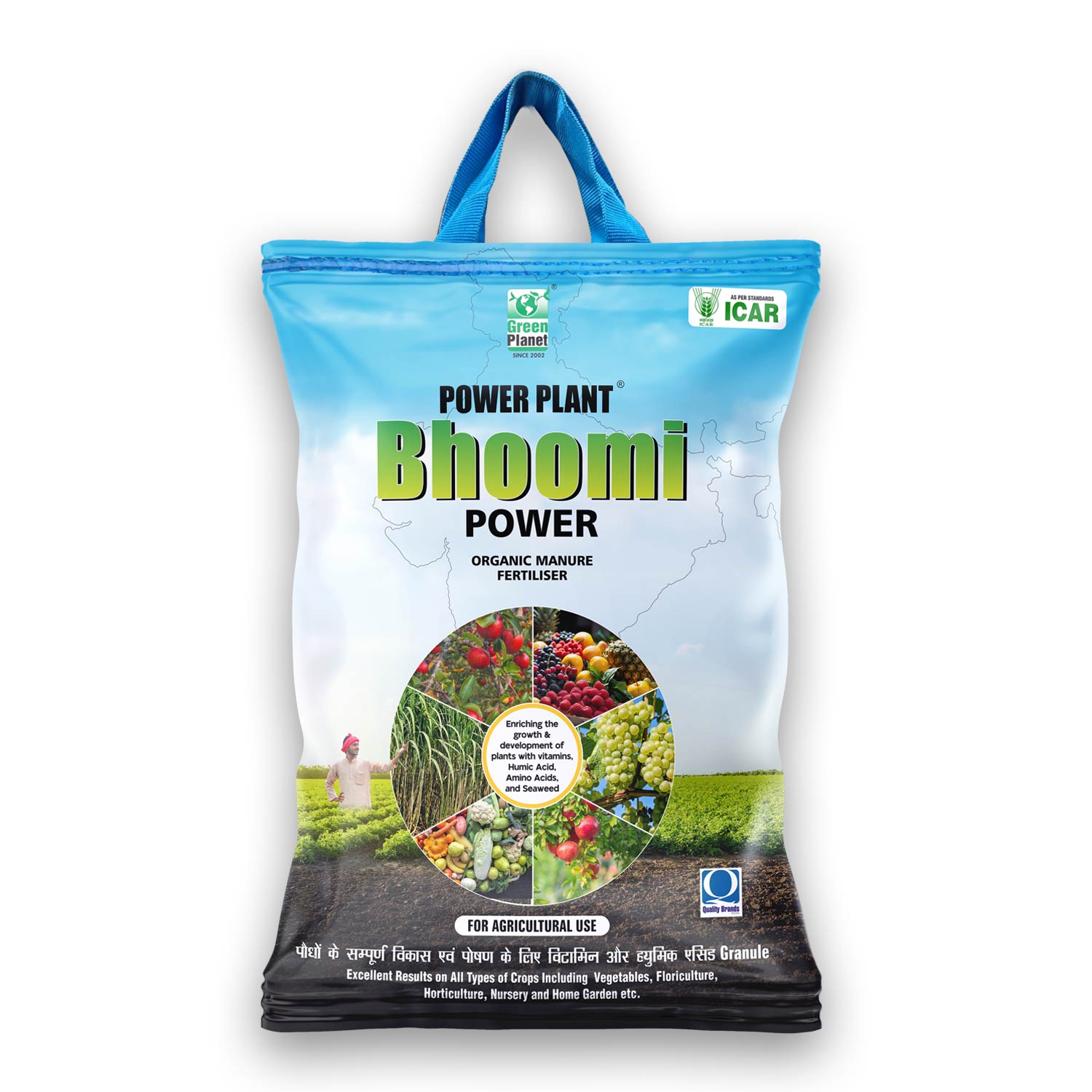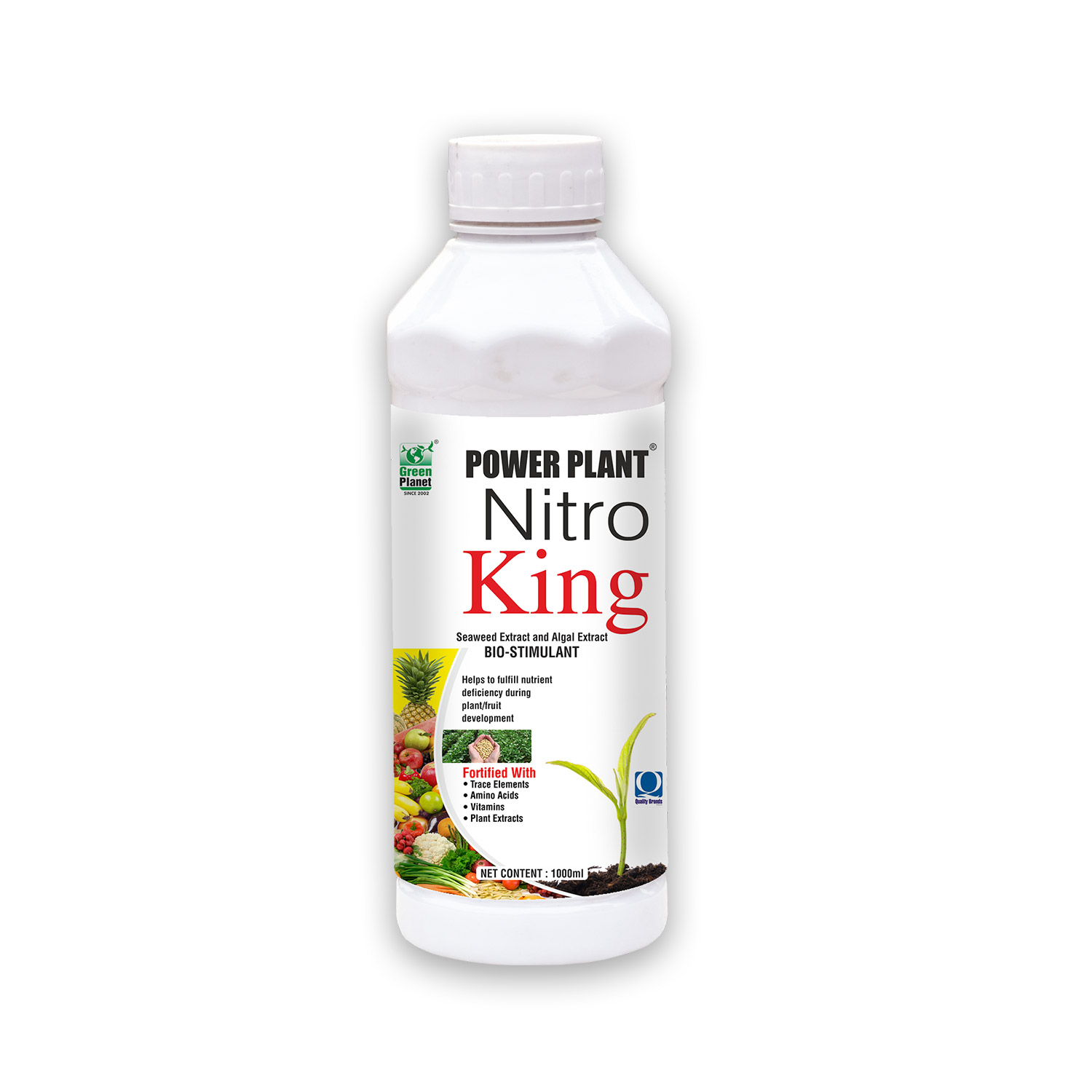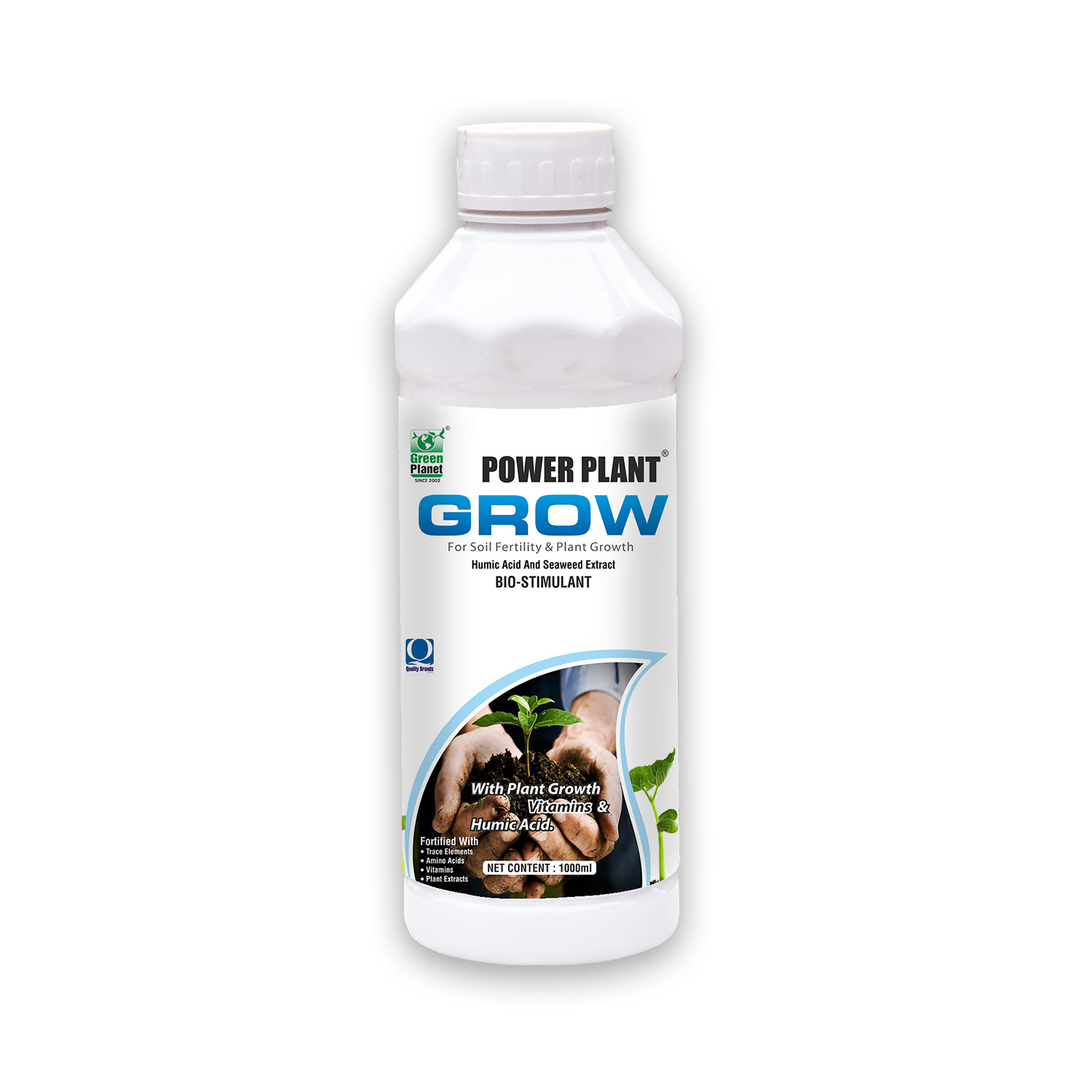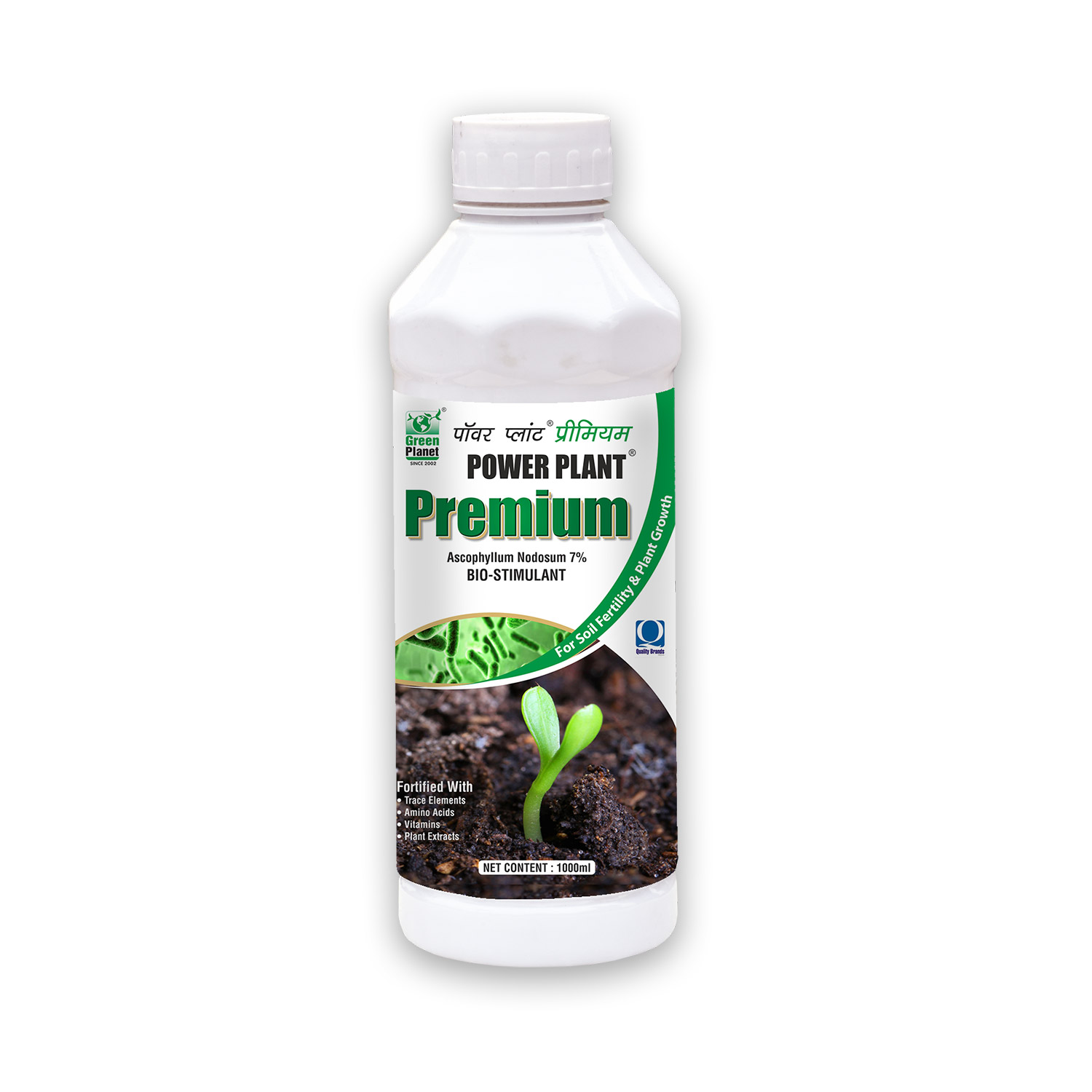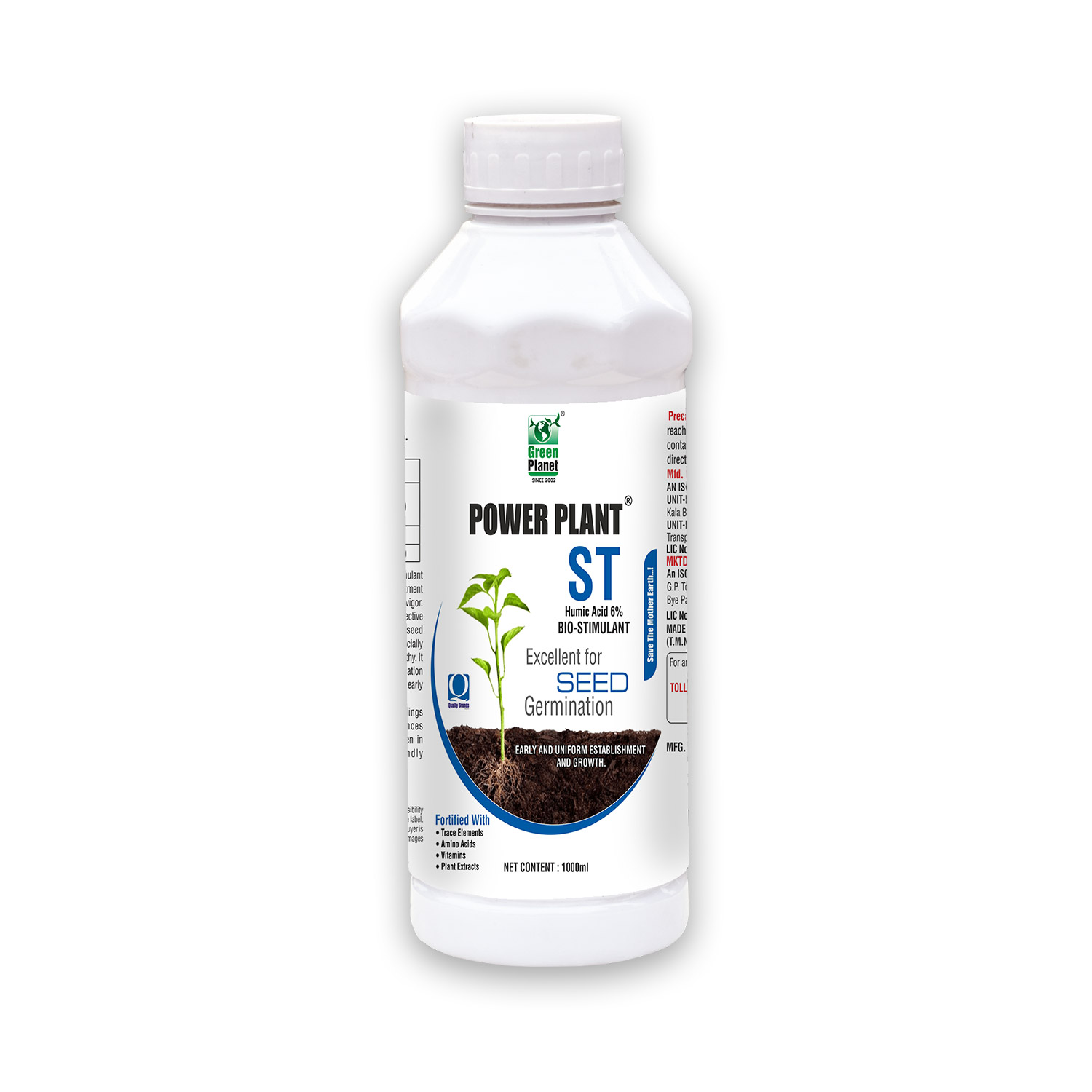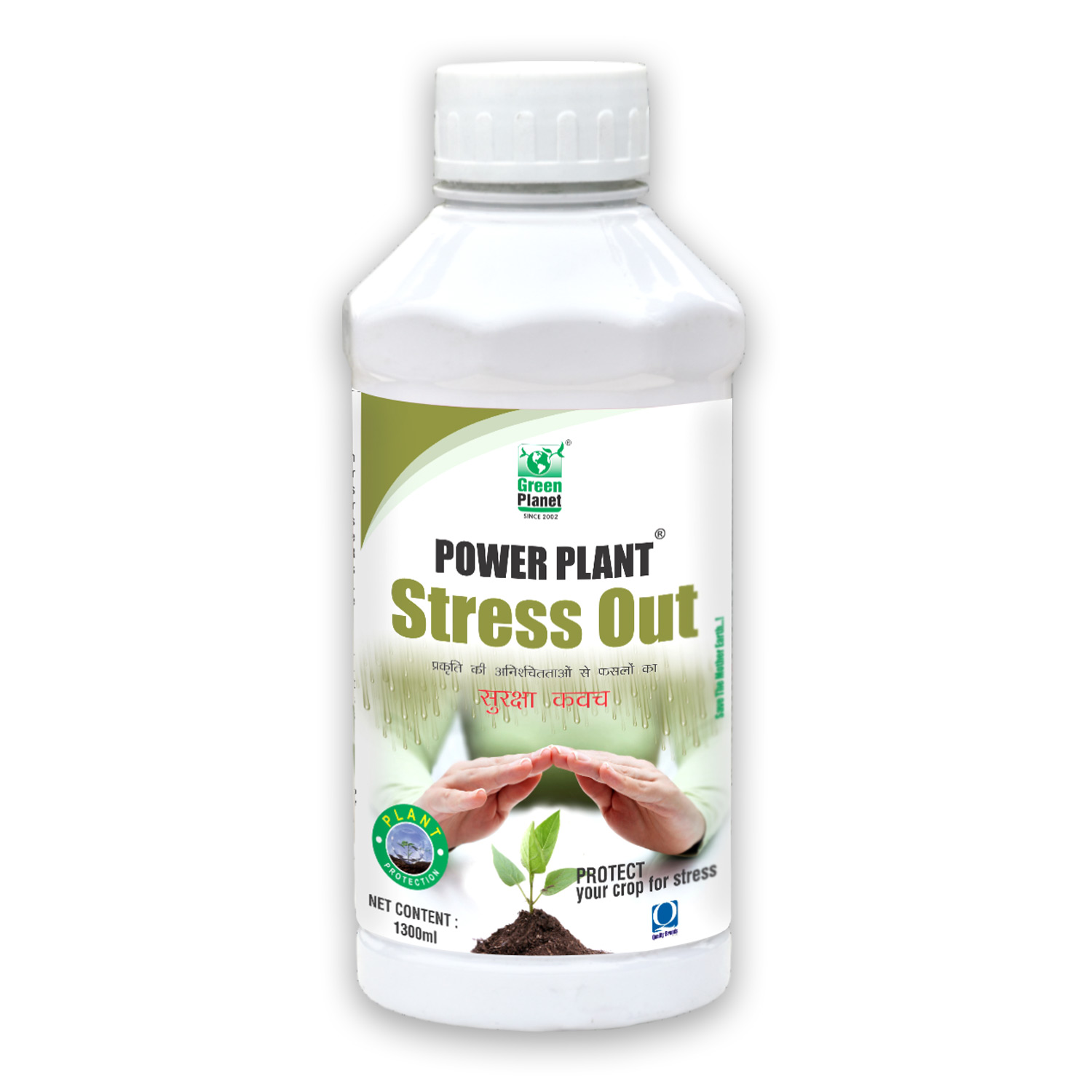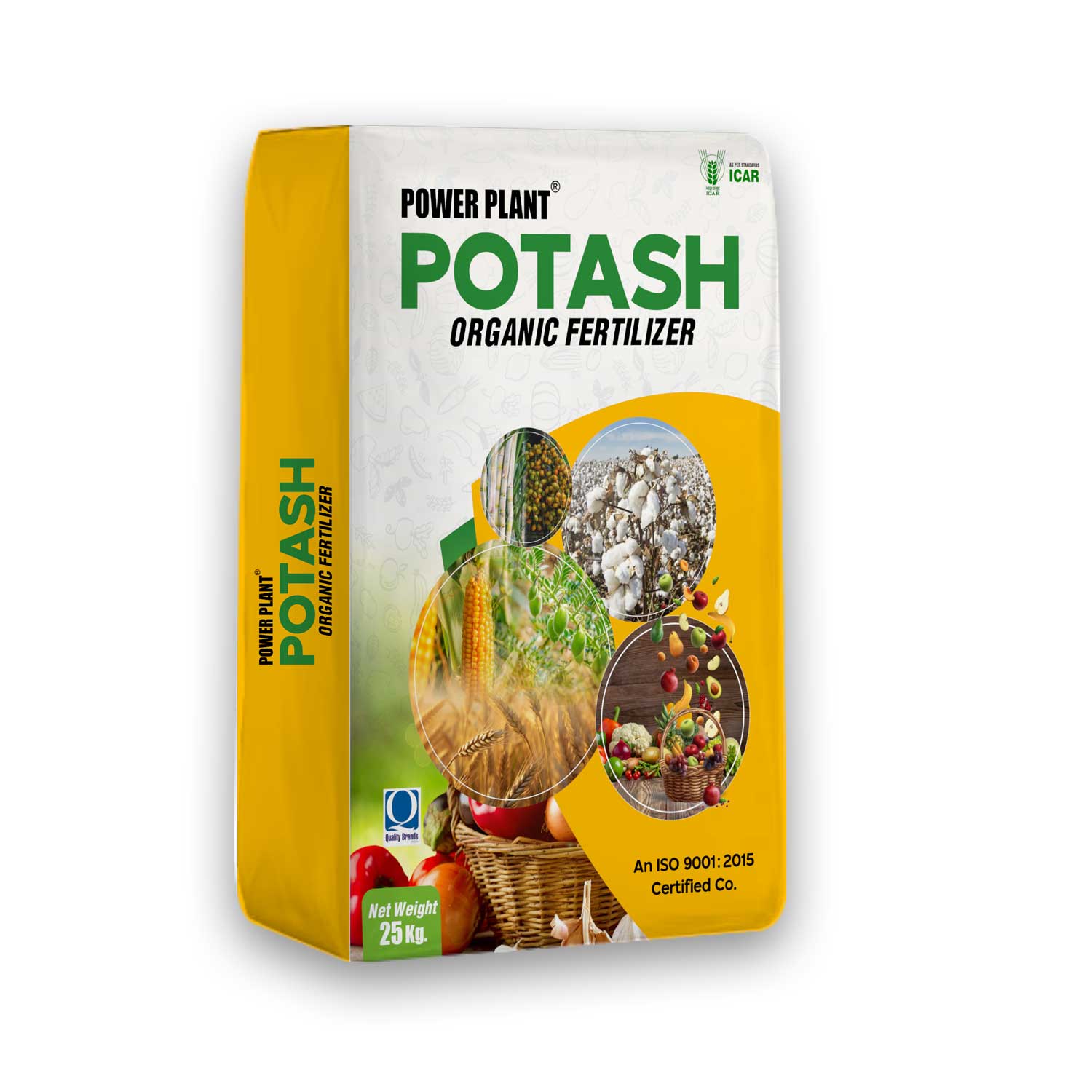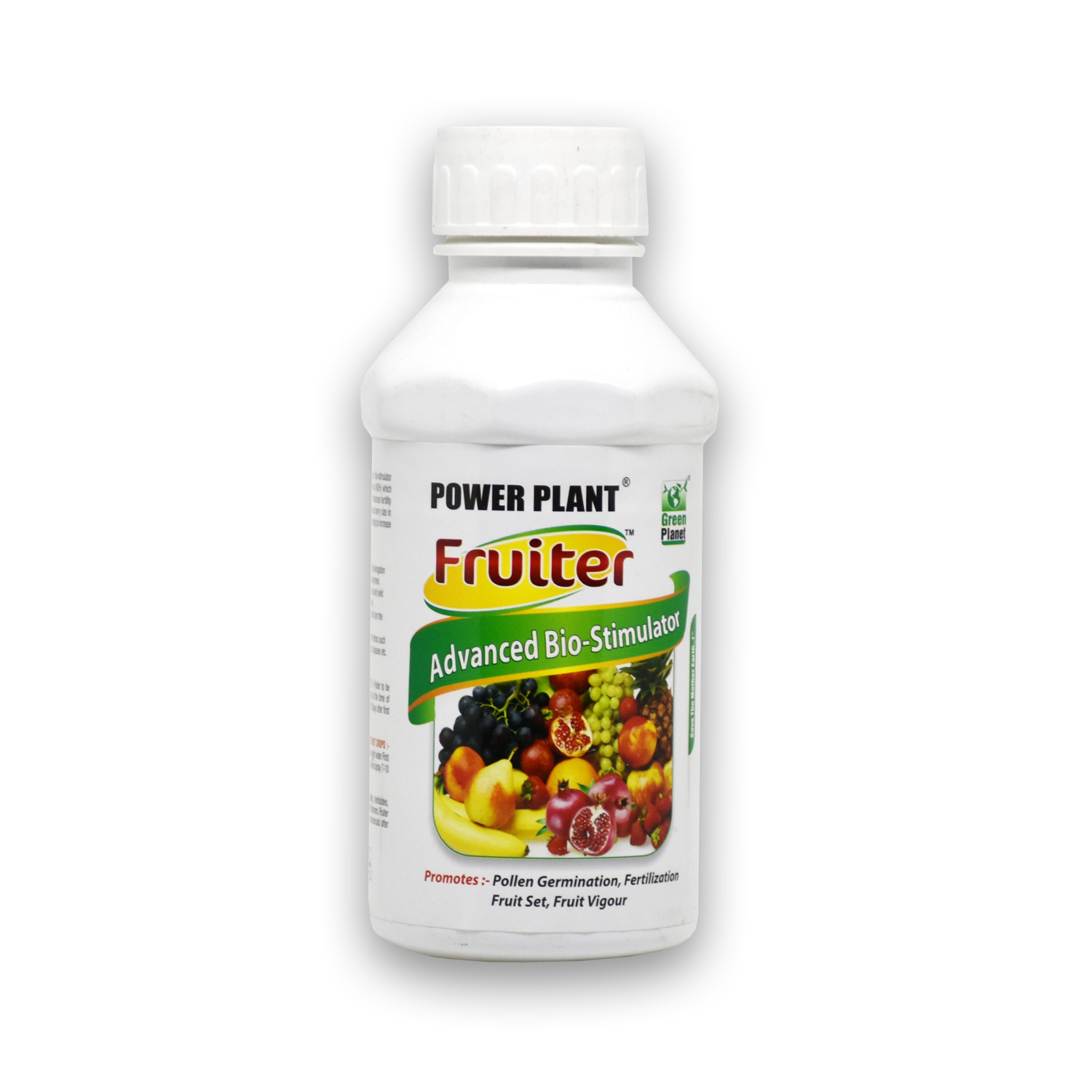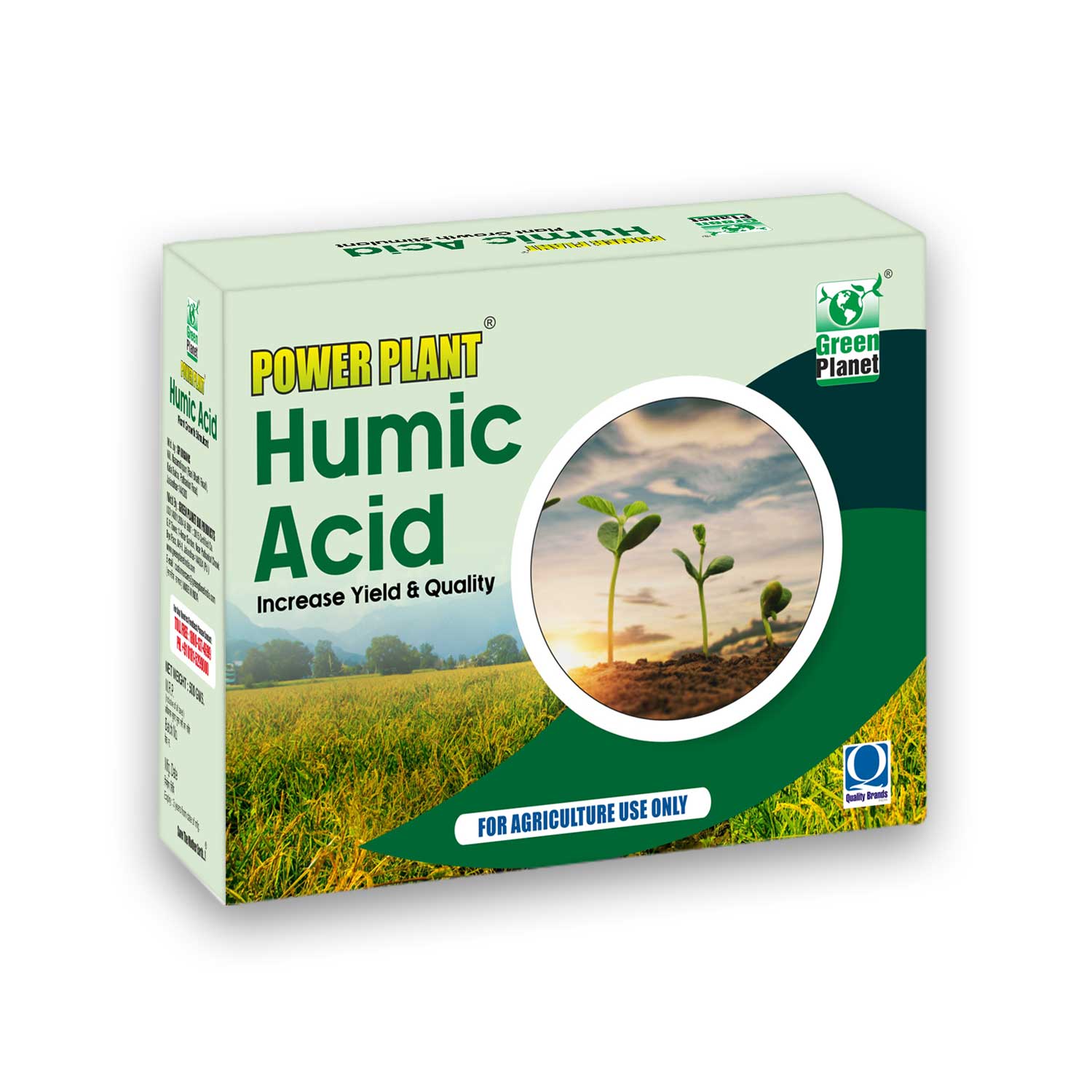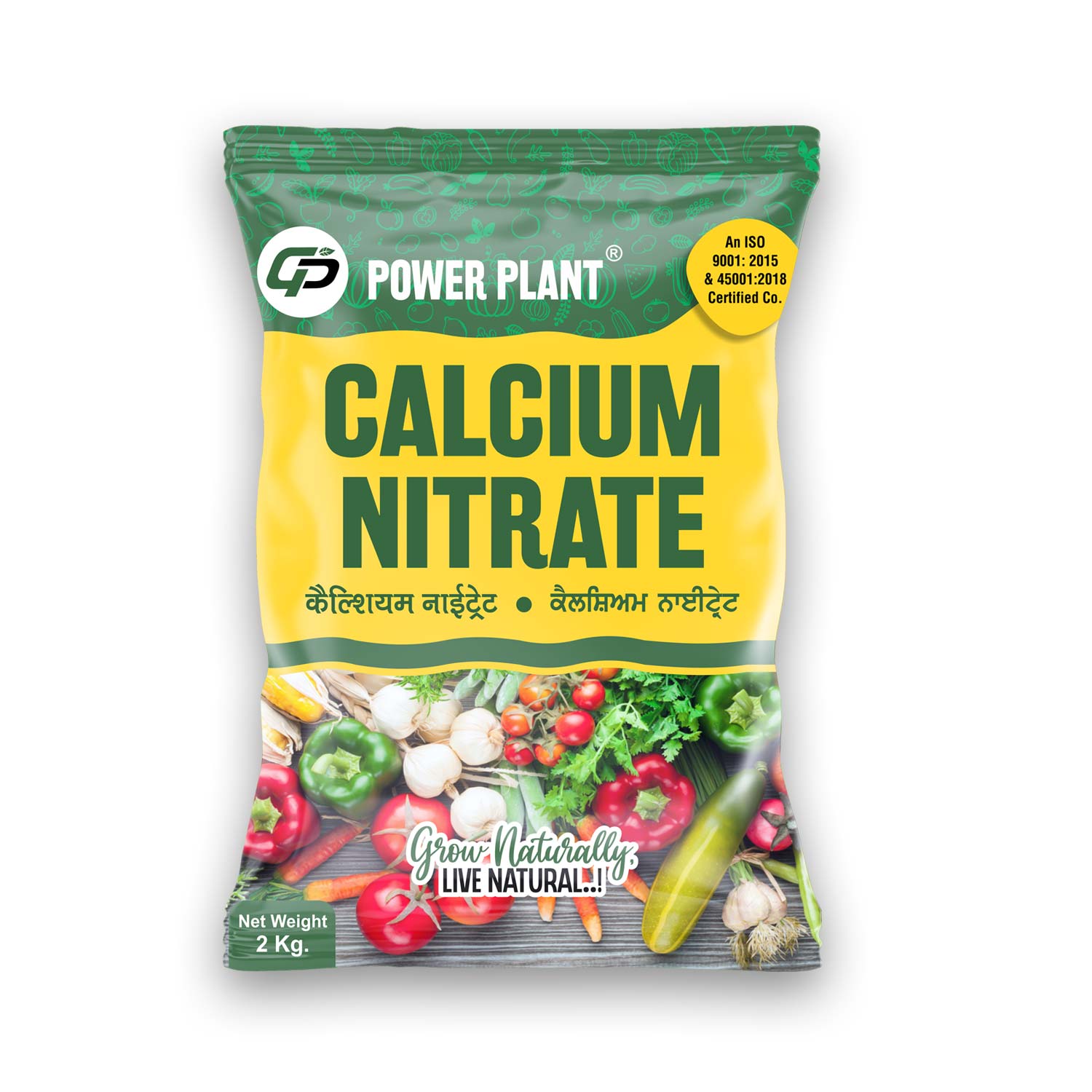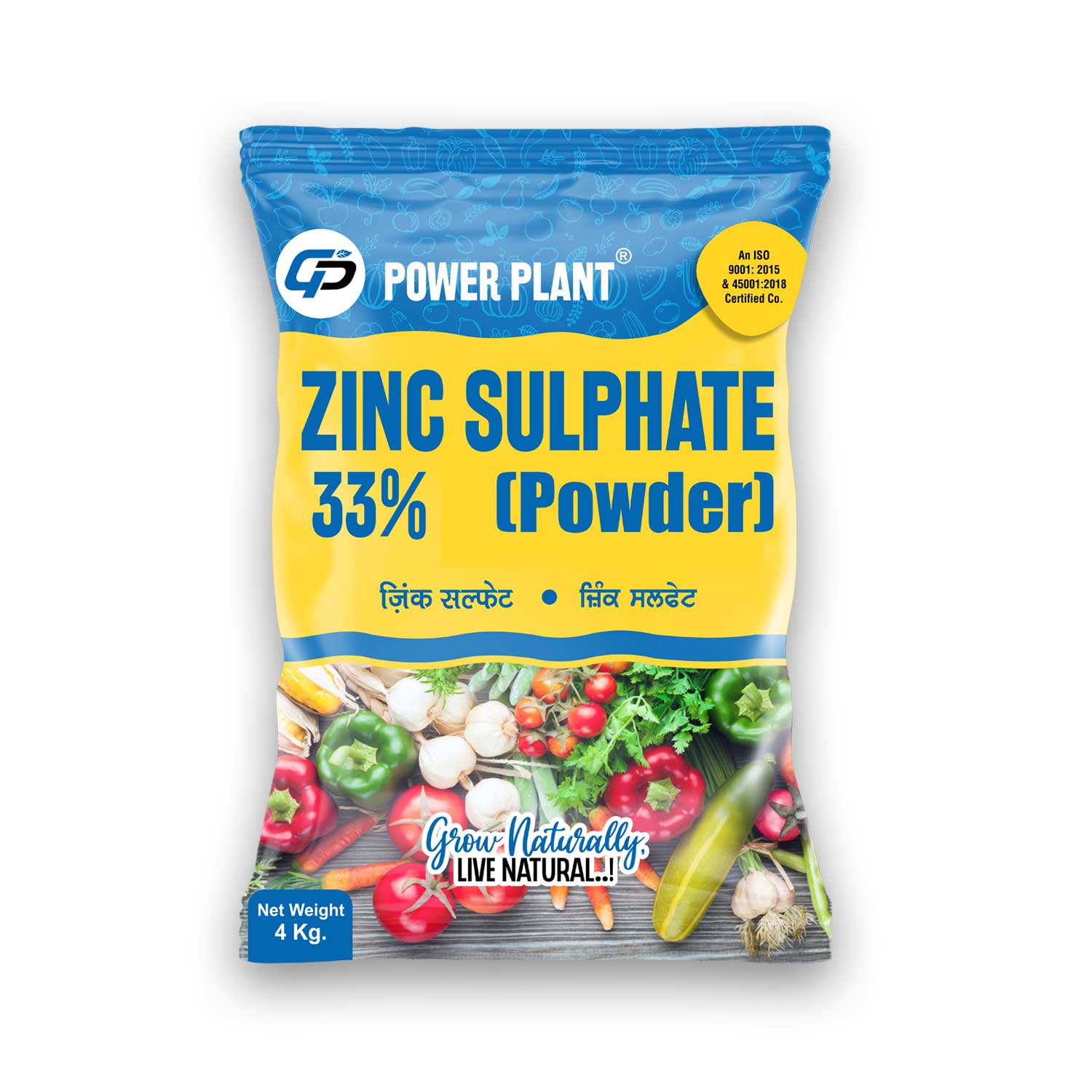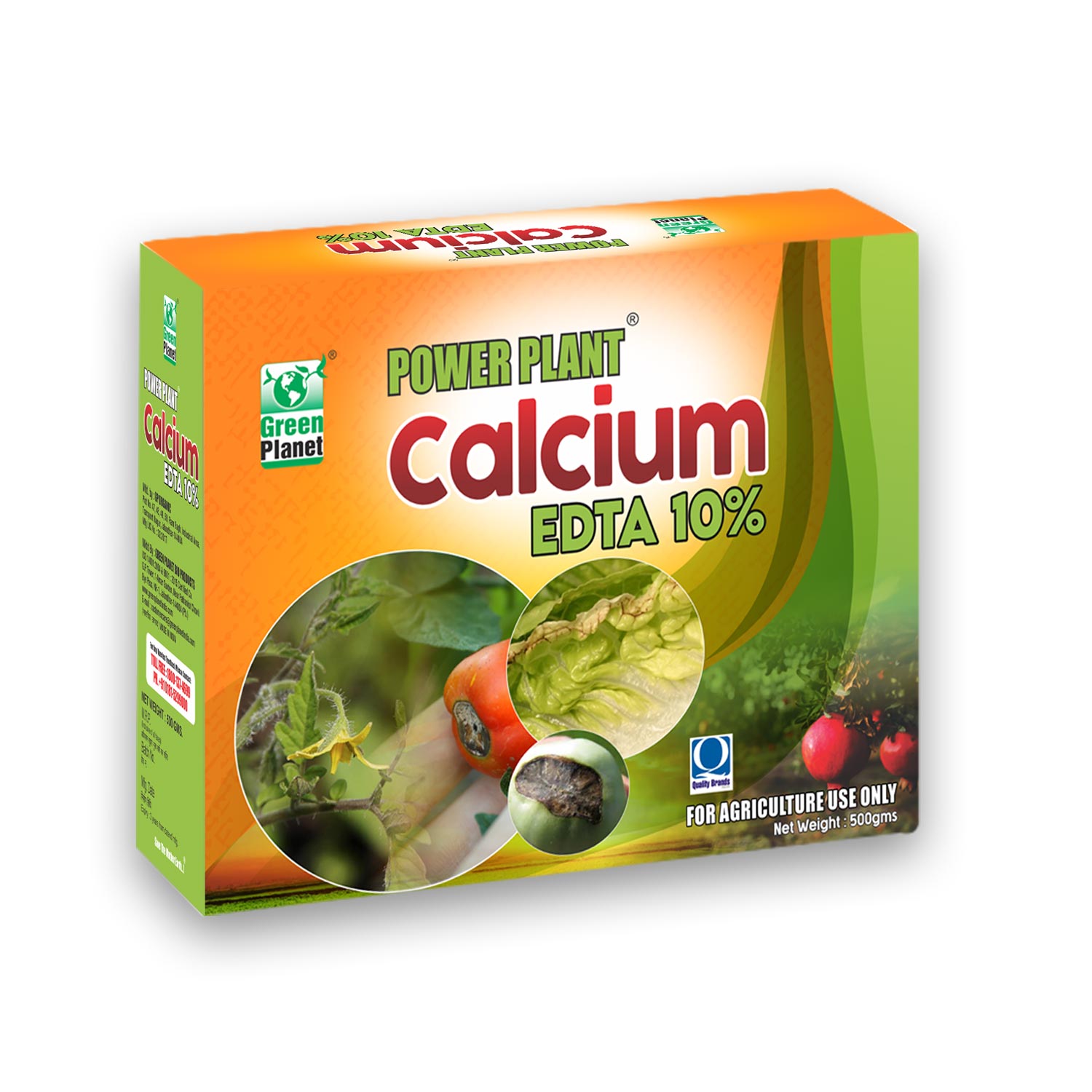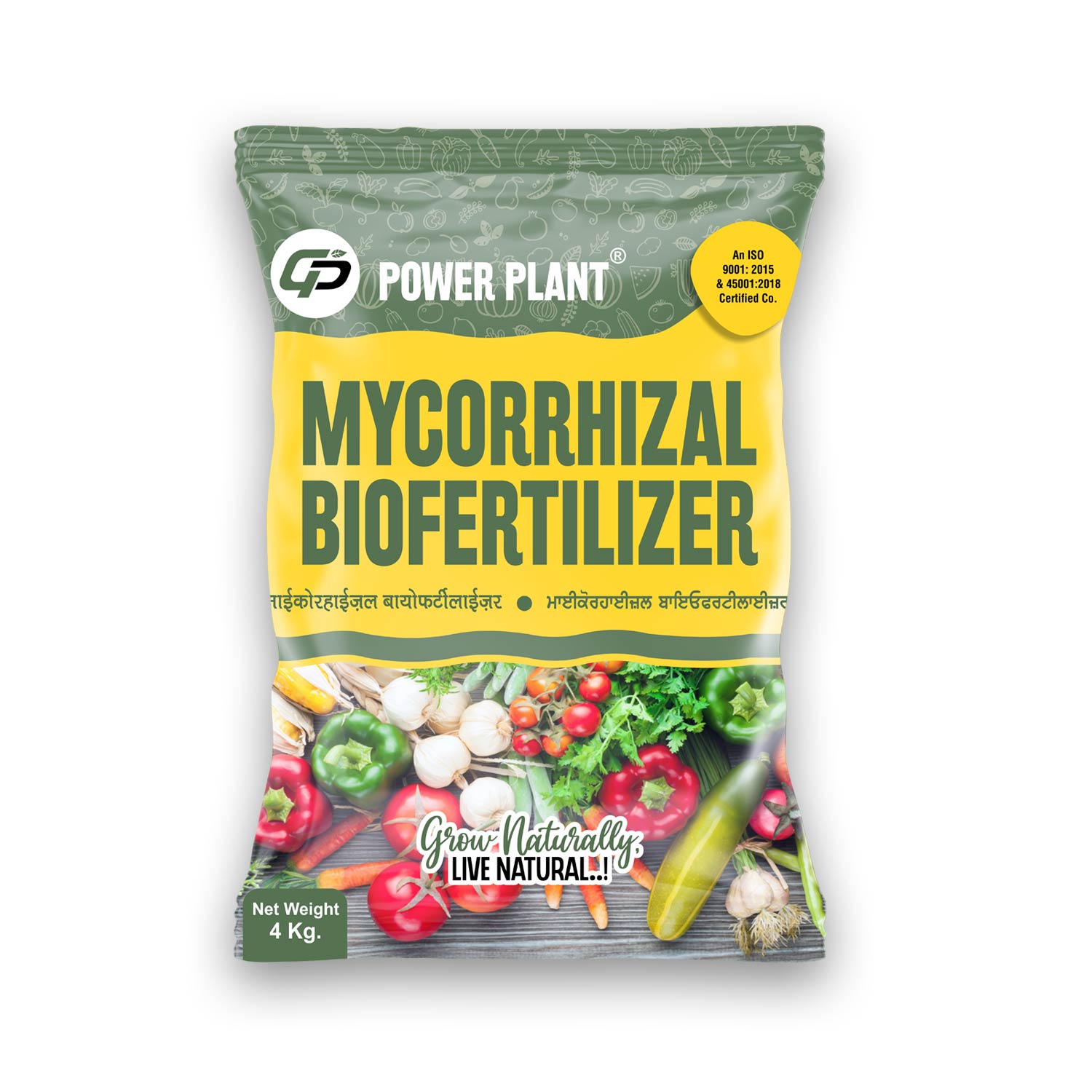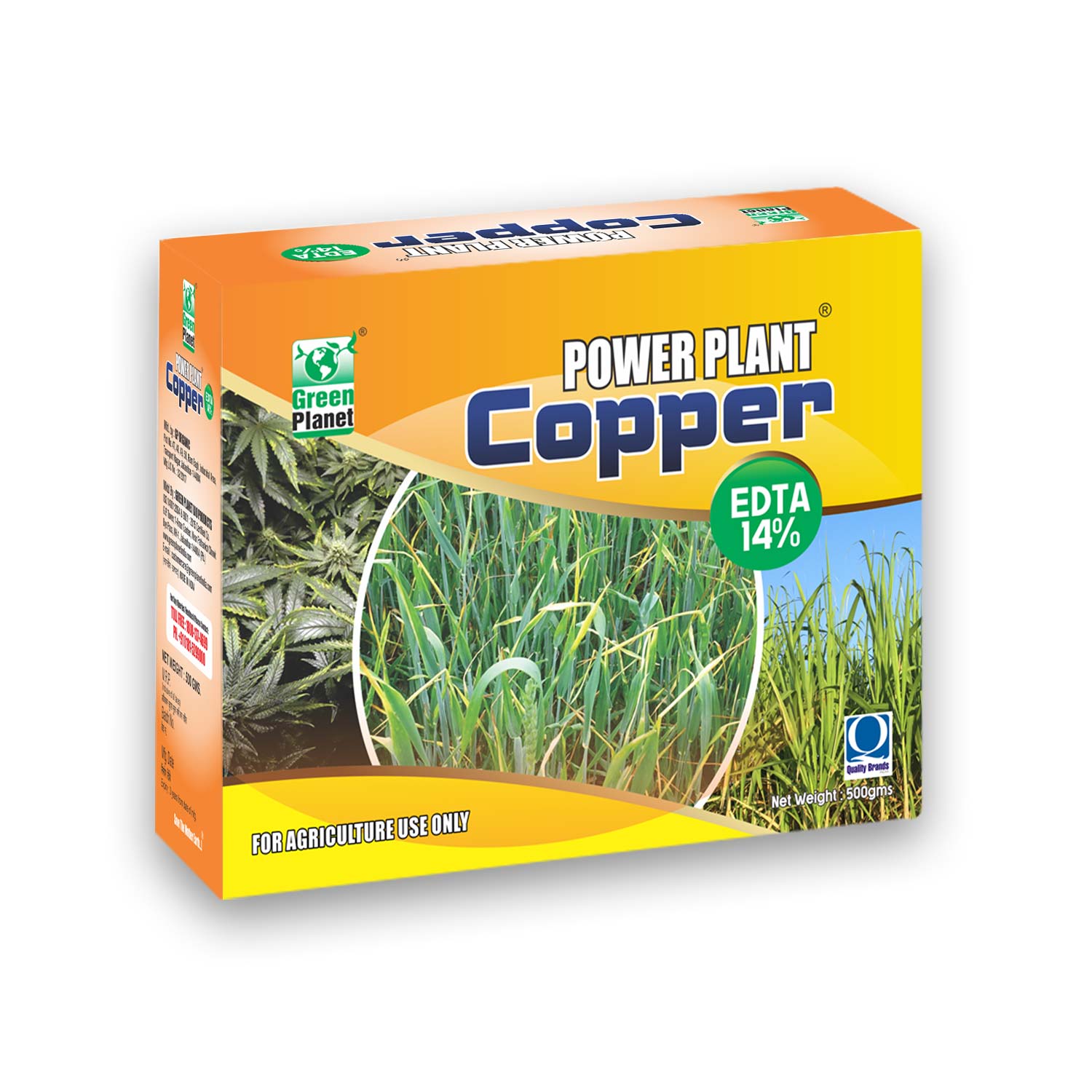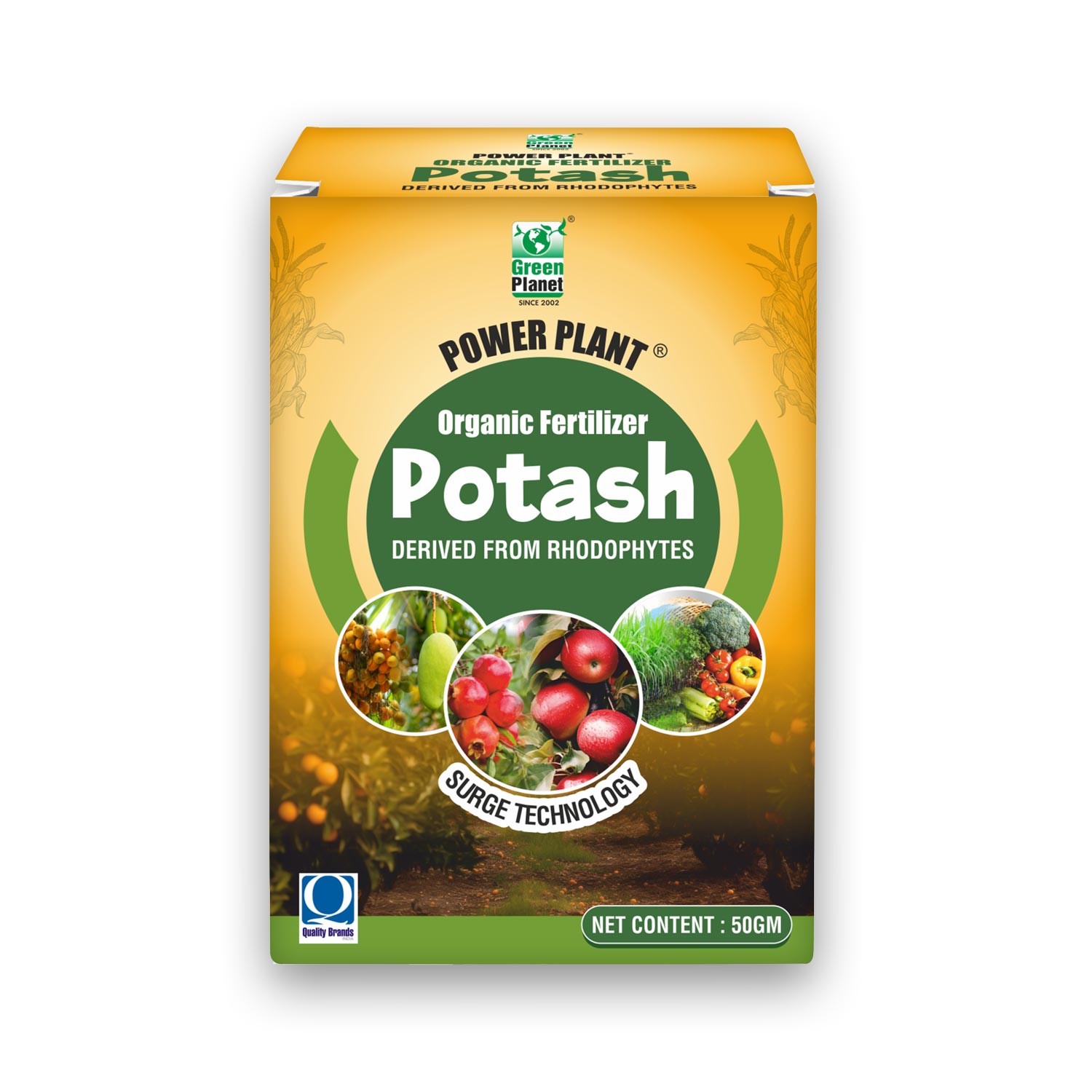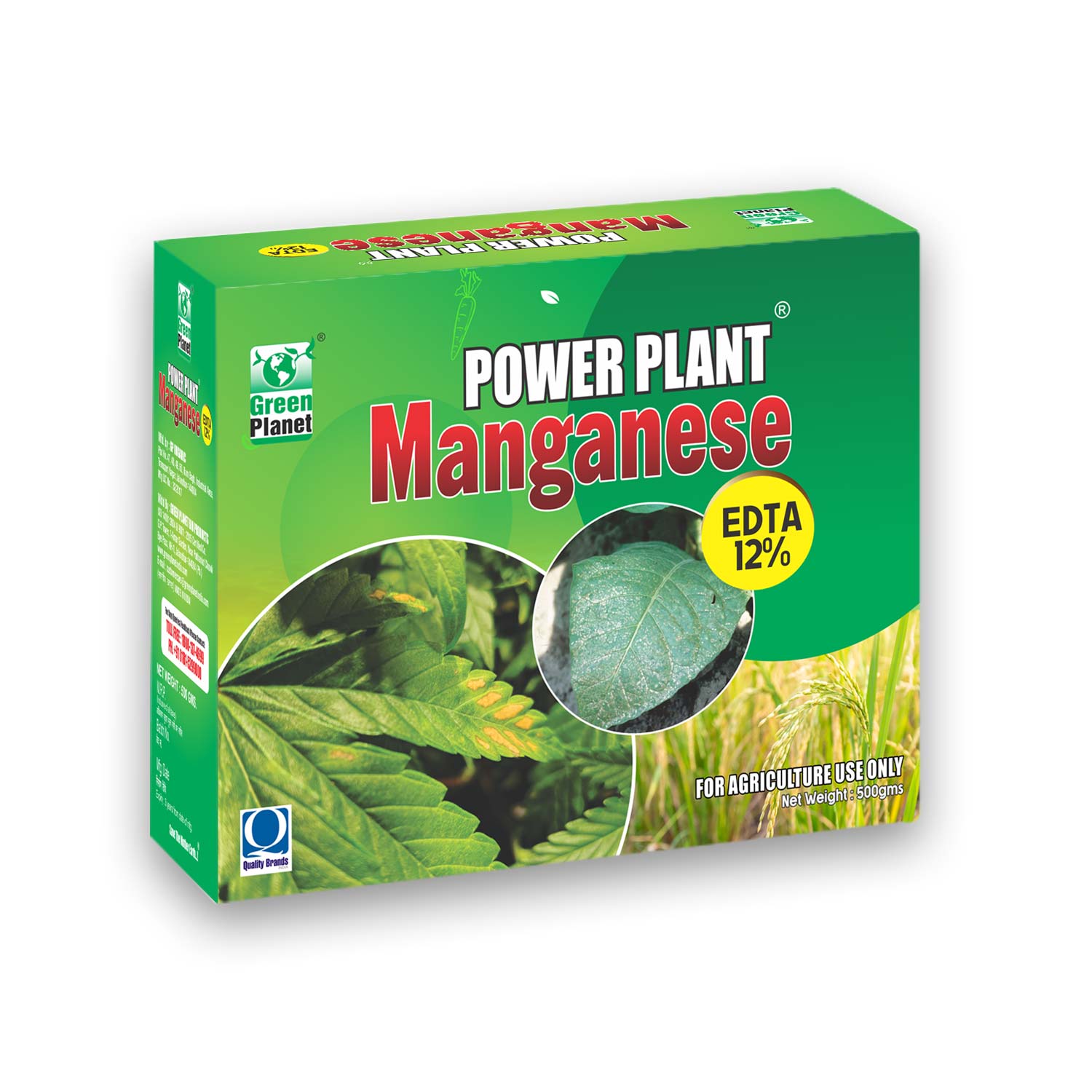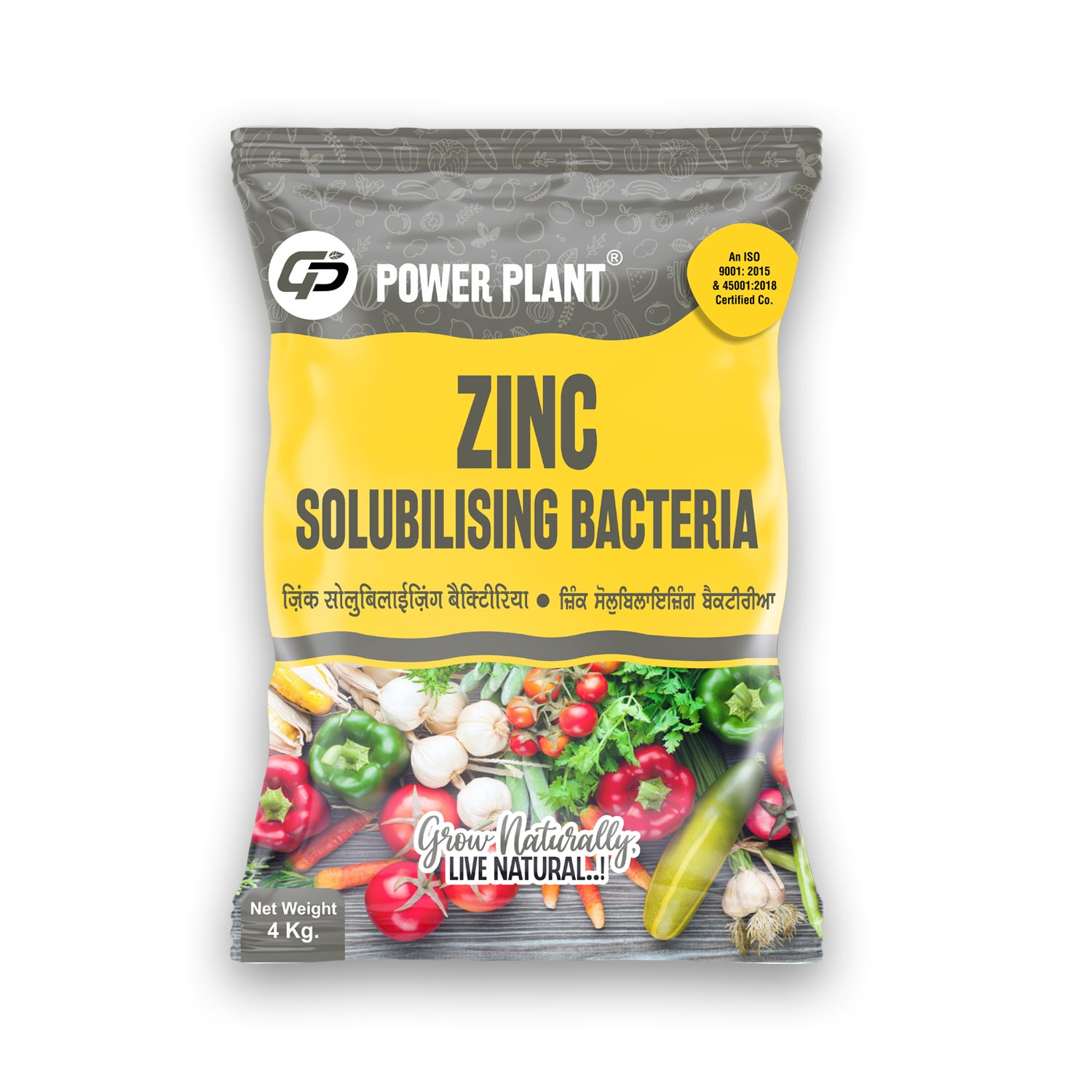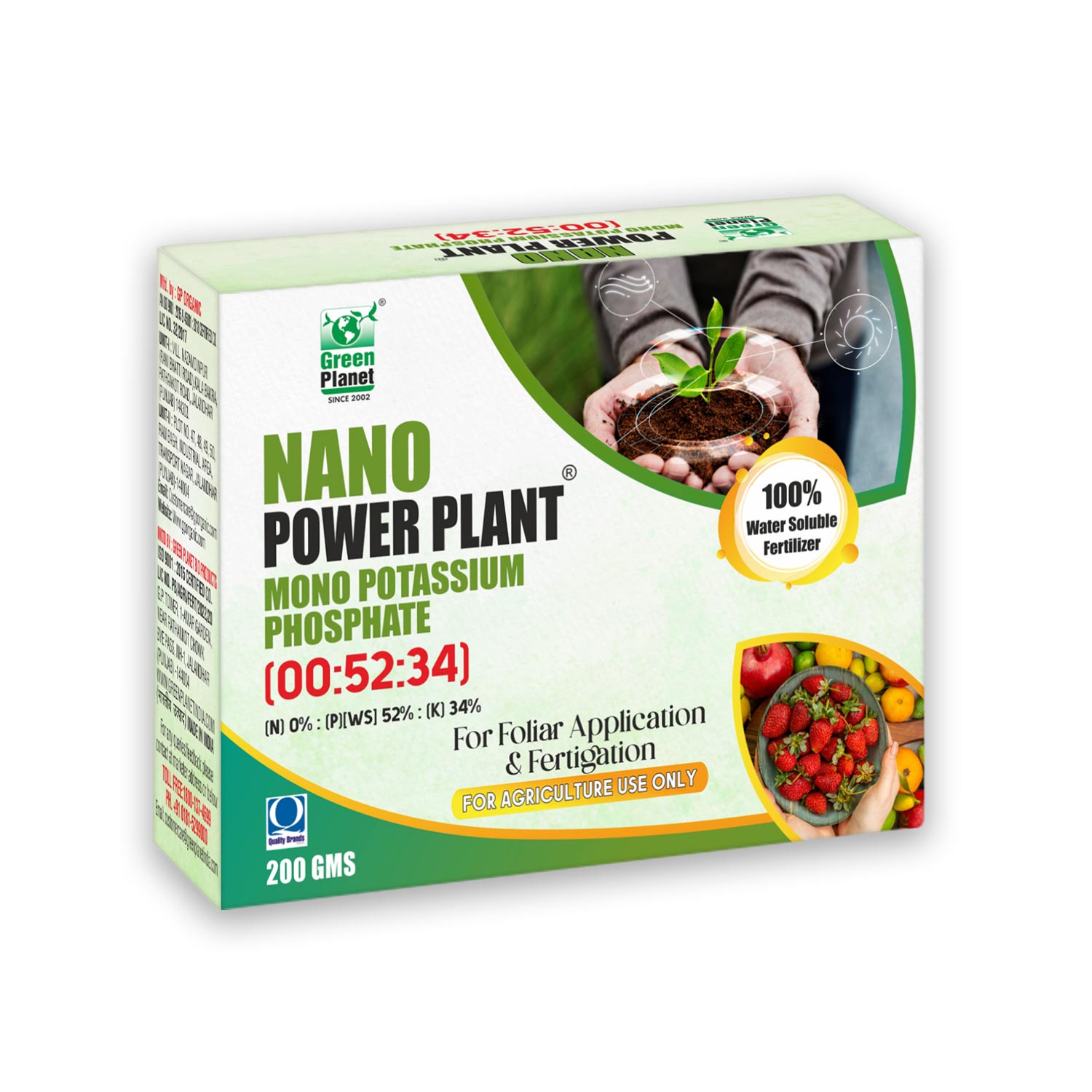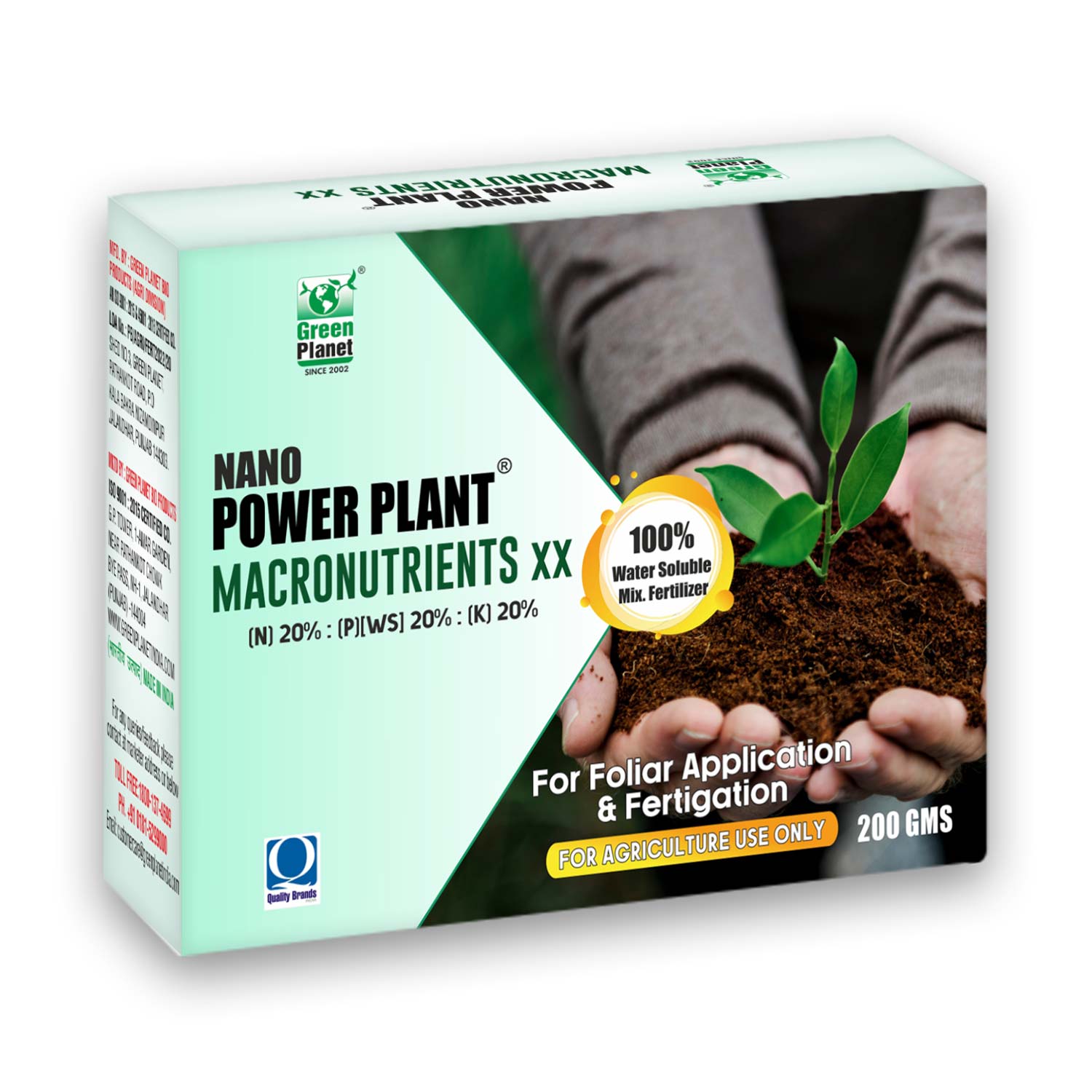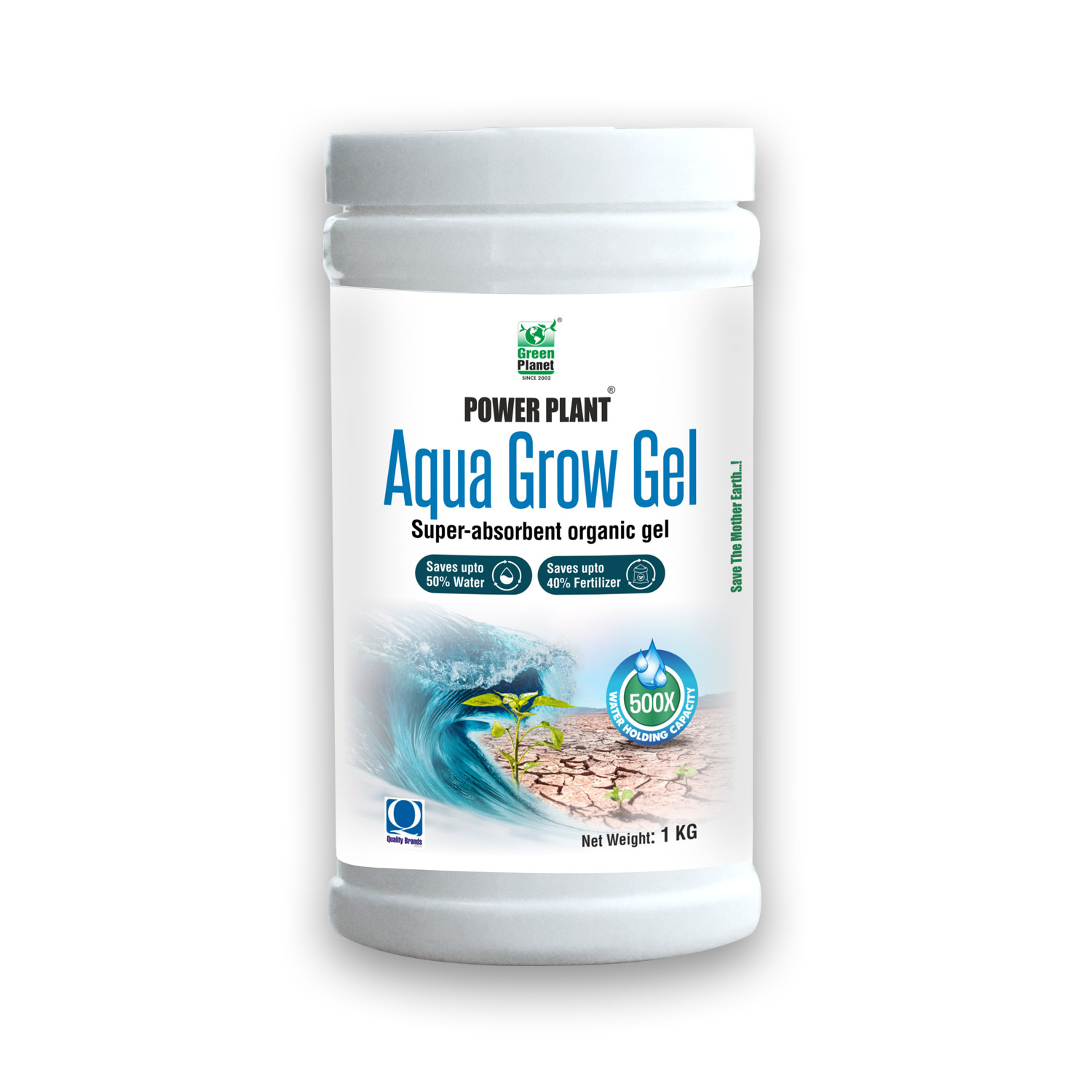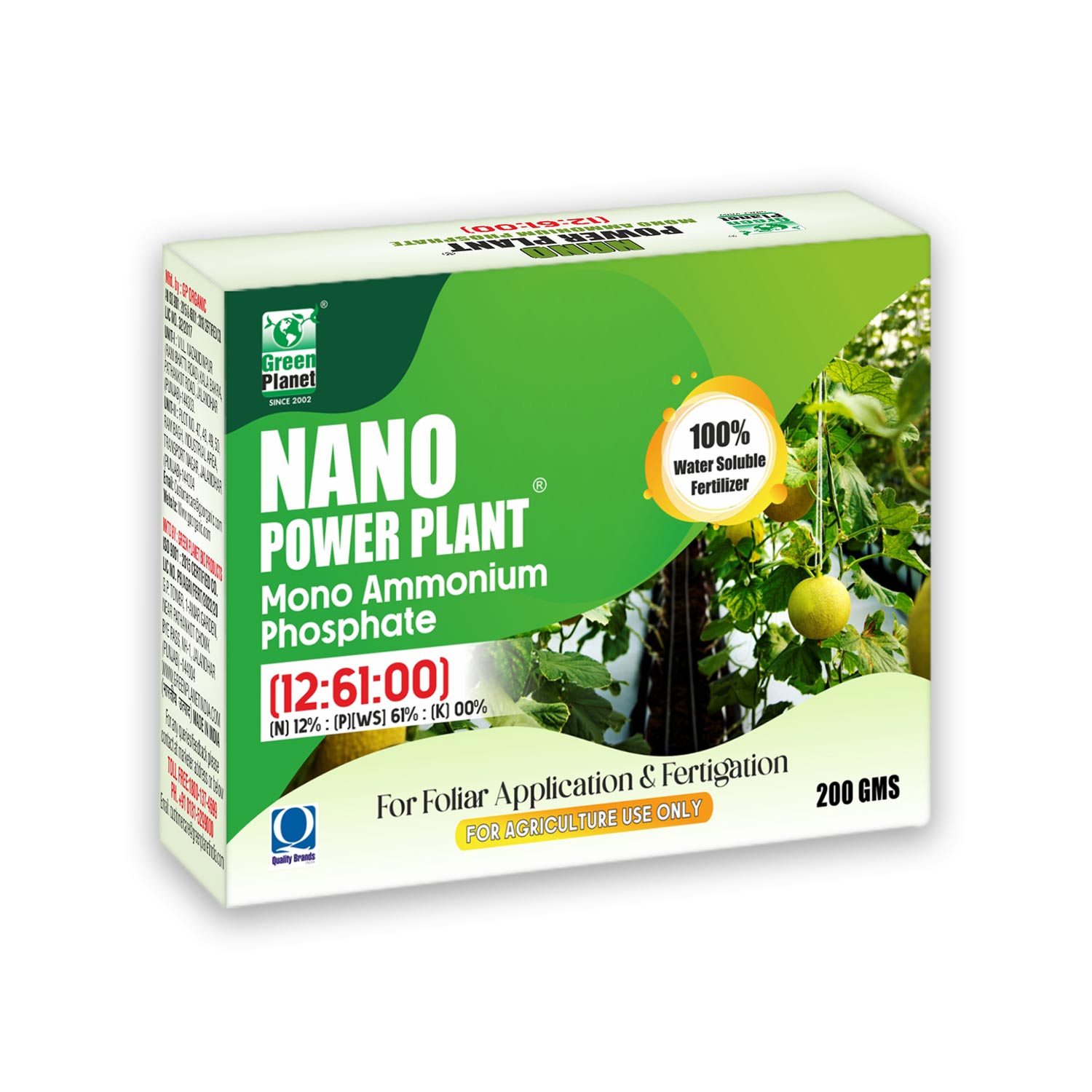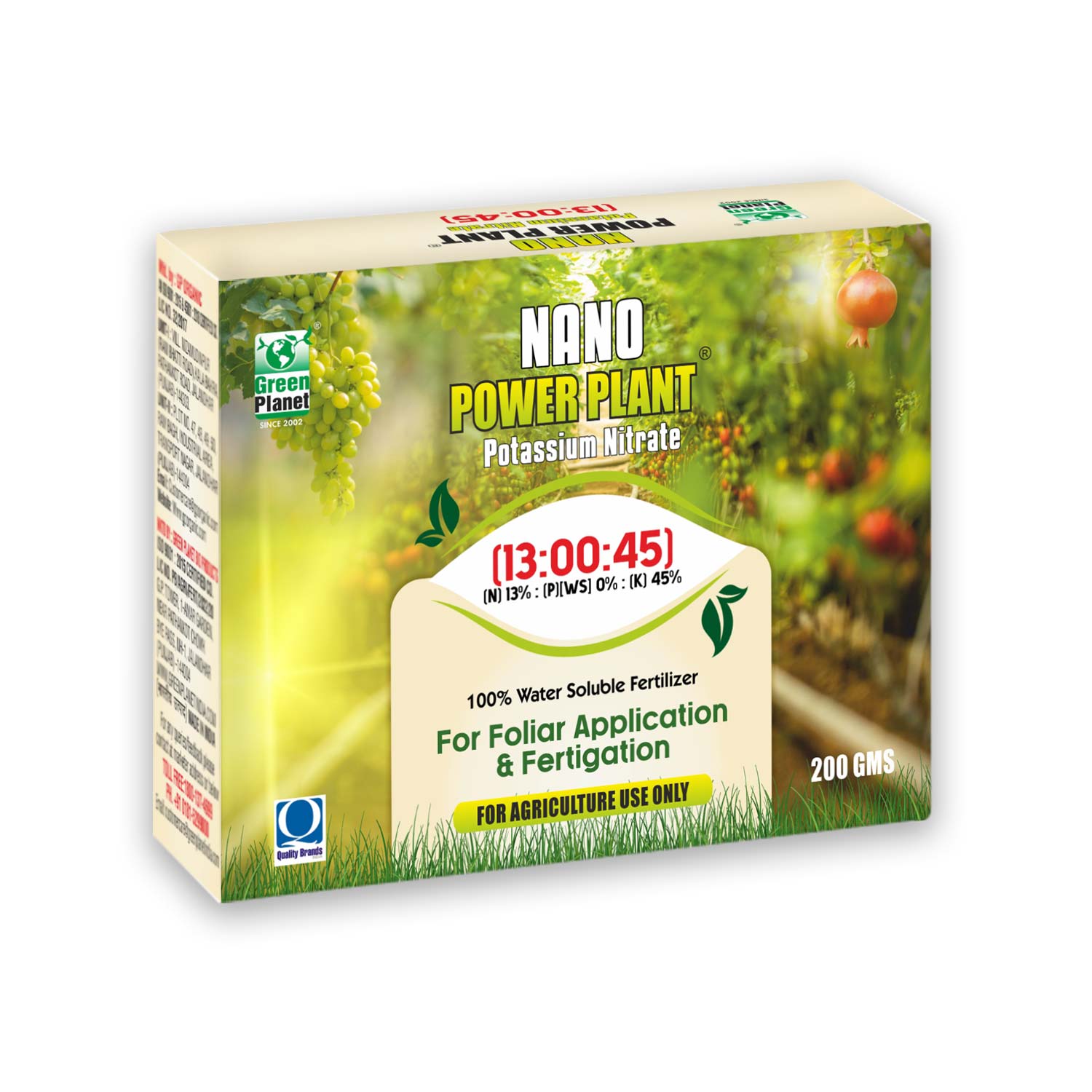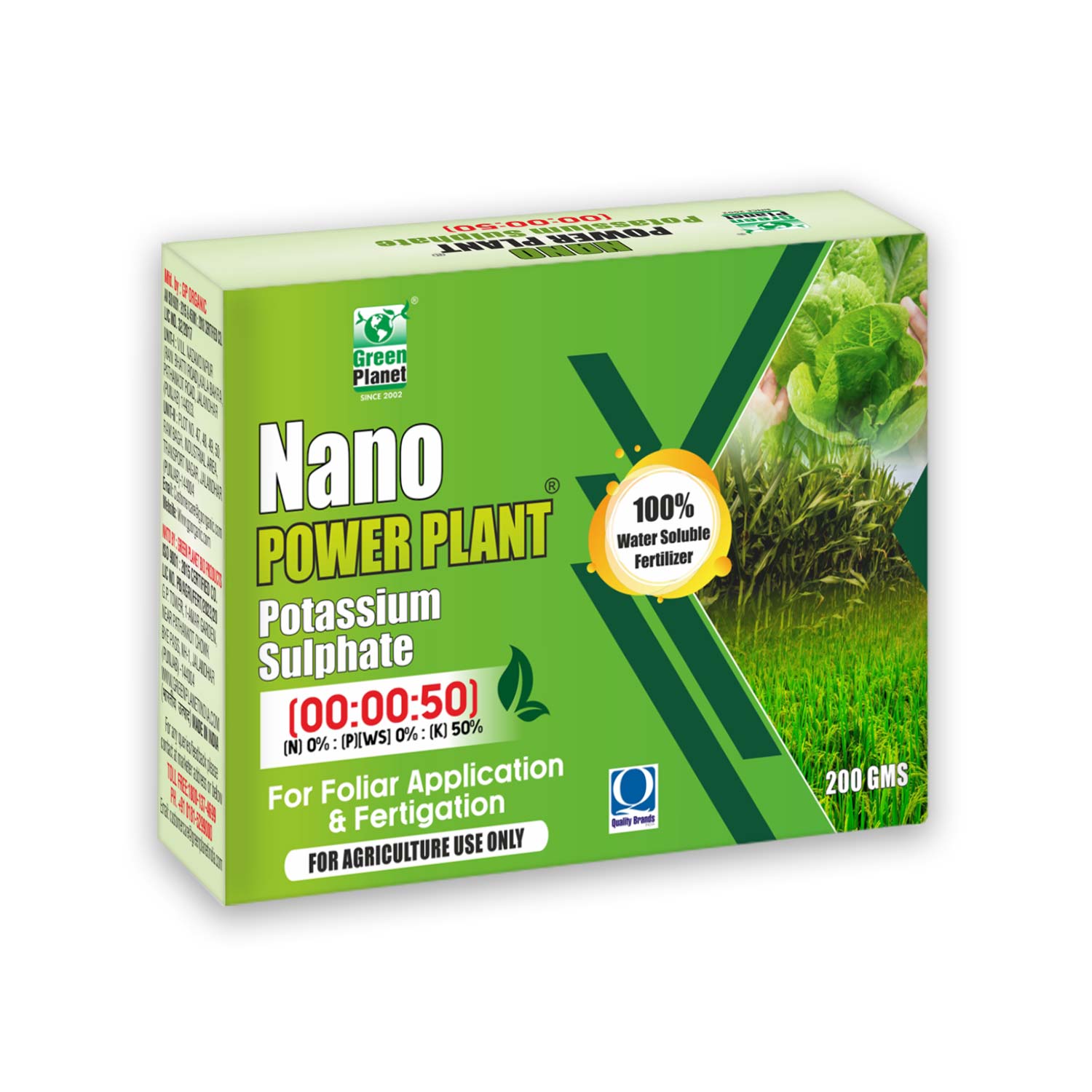Power Plant Bloom is the product for agriculture which has micronutrients, enzymes, surfactants, & plant extract. Soil productivity in agriculture sector is examined by the soil's organic fertility. Poor nutrition is unusual.Chemical fertiliser gives almost all of the micronutrients which is mainly needed by crops in most nations. Despite the fact that intensive contemporary agriculture depletes nutrients, very few farmers use micronutrients on a global scale. Yields are higher than in the past, and early maturing cultivars allow for additional crops to be produced in a year.
Micronutrients have a variety of roles in crop growth, and despite study, it is considered that some of the activities of micronutrients are still unknown. Micronutrients are nutrients for plants, but they also function as catalysts for macronutrient absorption. Micronutrients do not function in isolation; rather, they work together to provide beneficial effects in terms of both quality and quantity.
In bacteria and plants, micronutrients are plays important role in enzyme activity. Enzymes are necessary for Photosynthesis, nutrition, growth, and reproduction , also termed as chemical compounds. Micronutrients helps in the activation of enzymes, which are also known as complex proteins. For proper functioning of Enzymes, they require a proper balance of micronutrients . A hazardous scenario might arise if the ratio of Molybdenum to Iron is off. Plant development and final production is done by micronutrients in a balanced fertilisation programme. Boron, manganese, zinc, copper, cobalt, magnesium, iron, and molybdenum are some of the most important trace elements. Chlorosis, necrosis, and immature leaves and at the growth phase are common boron deficient signs.
Even in soil with significant iron concentration, a zinc deficit would cause an iron shortfall. If necessary amounts of chloride, iron, manganese, magnesium, ammonium, and sulphur are present, photosynthesis, a vital process for the production of plant food stock that is carbohydrates (which humans later use to feed themselves) and oxygen (without which no life is possible), is properly accomplished. These sources are made available and function in diverse ways to help the photosynthetic process run well. The consequences of a lack of boron were previously mentioned in the preceding paragraph. Insects and diseases will be more vulnerable to assault if silicon levels are low.
Power Plant Bloom contains an appropriate amount of minerals, as well as different enzymes and hormones, which are extremely beneficial to plants during the blooming and fruit development stages. The flowering period is the most delicate, since the plant need a large amount of different nutrients and water at this time. Power Plant Bloom is the most reliable source of these nutrients and enzymes.
BENEFITS:
• Power Plant Bloom is safe for the environment.
• There is no residue left in the soil.
• Increases plant vitality, allowing it to endure conditions such as cold, dampness, and extreme heat.
• Increases plant weight and final production.
• Enhances fruiting and blooming.
• During the fruit development stage, it aids in the production of cell walls.
• Aids in the production of high-quality, nutritious meals.
DOSAGE:
During blooming, fruit/seed establishing up to mid fruit/seed growth, spray 1.5 ml per litre of water.
Bloom can be applied to the soil during field preparation, such as before planting, or from flower initiation through mid-fruit growth, with flood or drip watering. From flower initiation through mid-fruit growth, Bloom can be used as a foliar spray.
PRECAUTIONS:
• Use this product individually.
• Avoid to contact with heat.


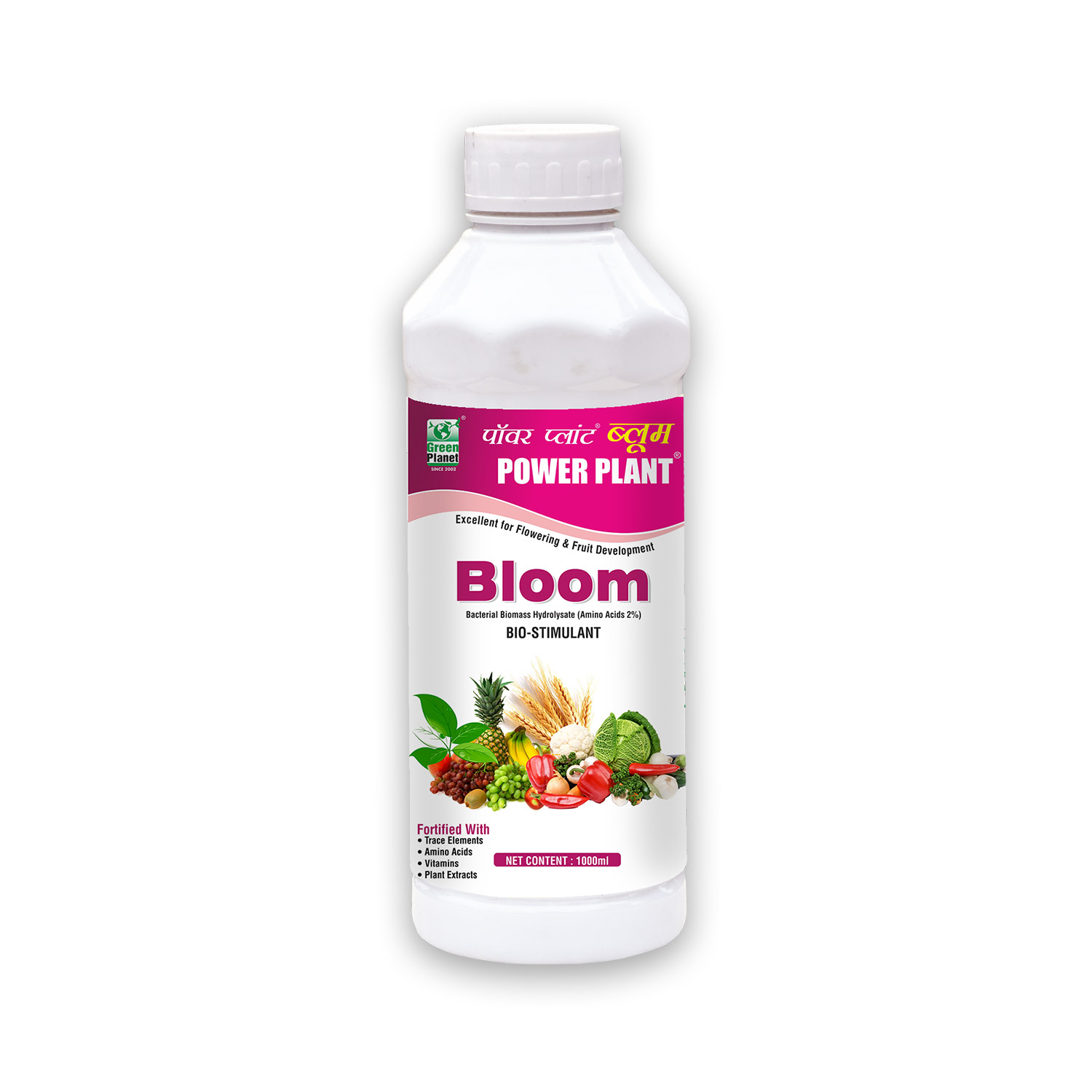
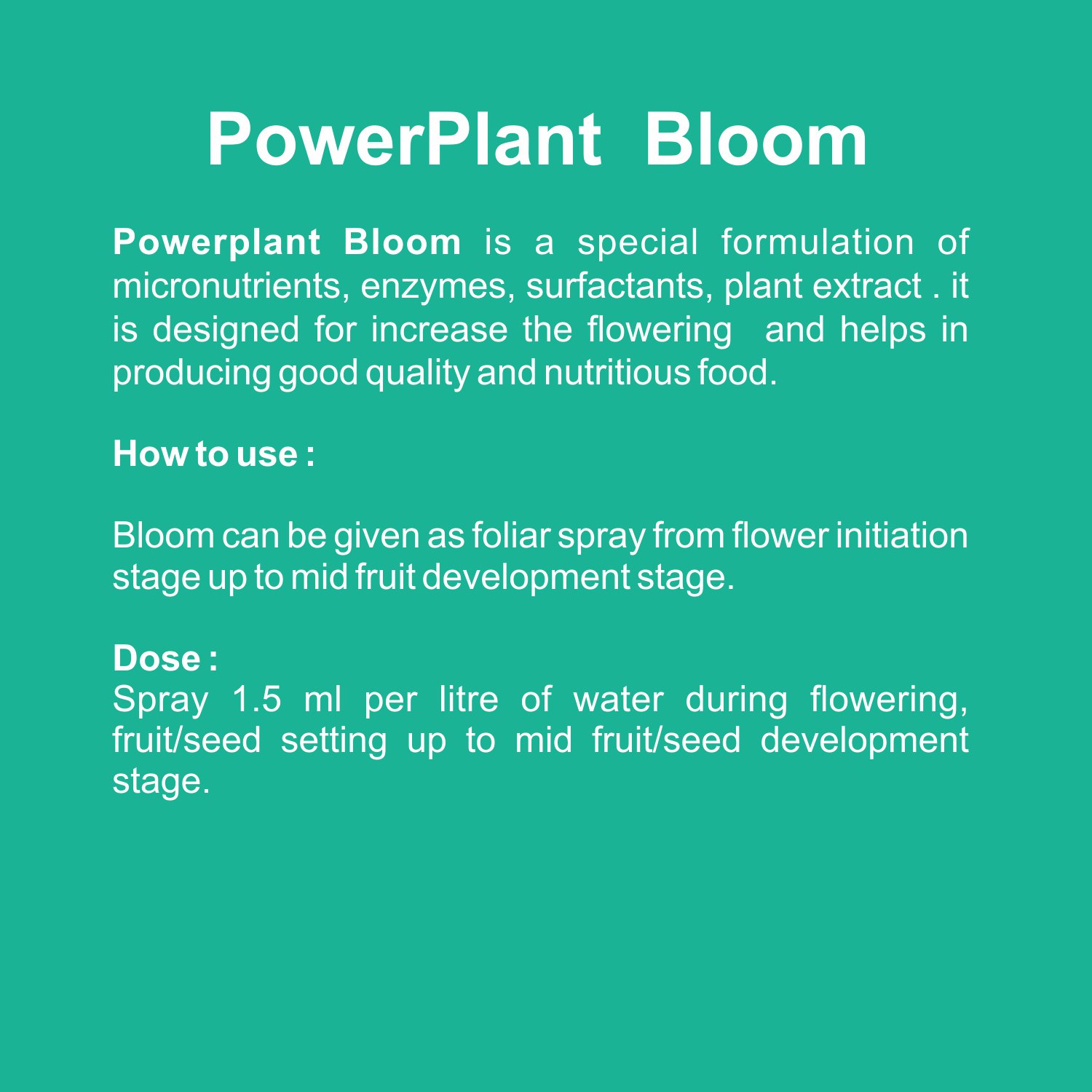









.jpg)
